|
Jingzhe Shi Hi! I'm Jingzhe Shi (史景喆), previously an undergraduate student majoring Computer Science and Technology at IIIS, Tsinghua University (a.k.a Yao Class, directed by the Turing Award Laureate Andrew Chi-Chih Yao). Recently, I am privileged to have the opportunity to be advised by and learn from great professors. Recently, I am honored to be advised by and to be collaborating with Prof. Mengdi Wang and Prof. Sanfeng Wu at Princeton, Prof. James Zou at Stanford, and Prof. Hang Zhao at Tsinghua on projects about LLM agent, LLM reasoning, LLM4Science, Scaling Laws and explanations, etc. I am also privileged to meet with a group of talented friends when attending Physics Olympiads, and we founded CPHOS to provide Physics Olympiad simulations for high school contestants for free through an online platform. With some talented friends I met at CPHOS, we also conducted some interesting researches related to it, including the CHOPS project. I am lucky to have collaborated with Qinwei Ma, my high school & university classmate. Previously, I was fortunate to have collaborated with Professor Xiaolong Wang and Doctor Lei Li, currently a Post-doc at UW (we met at CPHOS). I enjoyed learning Physics and contributing to Physics Olympiads. I won a gold medal at IPhO 2021 (ranking 10th globally), and I was an invited online marker for IPhO 2022.📬 Email | 📑 CV | 🎓 Google Scholar | 💻 Github |
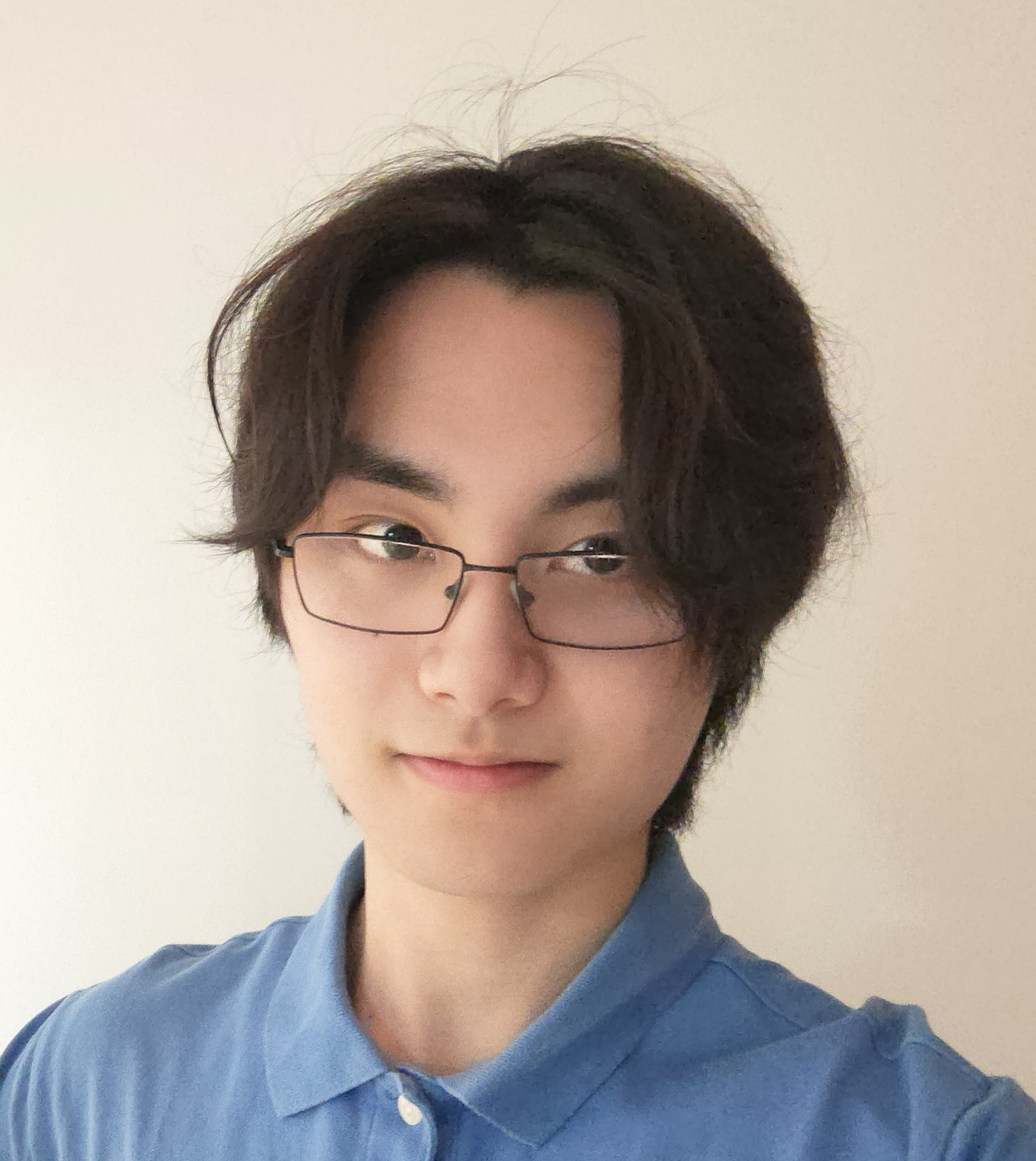
|
|
|
|
My research interests lie broadly in Deep Learning and Machine Learning. For Applications of DL/ML, I am interested in derivatives of LLMs in all aspects, including Multi-agent researches and Multimodality LMs. For Physics of DL/ML and DL/ML for physics, I am interested in Physics of Large Neural Networks, e.g. Scaling Law and its explanation in various areas and scalable models. Also, I believe physics-related problems (e.g. physics olympiads theory & experiment tests) are great benchmarks for evaluating reasoning, physics-understanding and real-world-modeling abilities of AI systems. |

|
PRISM-Physics: Causal DAG-Based Process Evaluation for Physics Reasoning
Wanjia Zhao*, Qinwei Ma*, Jingzhe Shi*, Shirley Wu, Jiaqi Han, Yijia Xiao, Si-Yuan Chen, Xiao Luo, Ludwig Schmidt, James Zou Preprint Project Page / arXiv
|

|
Physics Supernova: AI Agent Matches Elite Gold Medalists at IPhO 2025
Jiahao Qiu*, Jingzhe Shi*, Xinzhe Juan, Zelin Zhao, Jiayi Geng, Shilong Liu, Hongru Wang, Sanfeng Wu, Mengdi Wang NeurIPS 2025 LLM Eval Workshop (Oral), NeurIPS 2025 LAW Workshop Code / arXiv
|
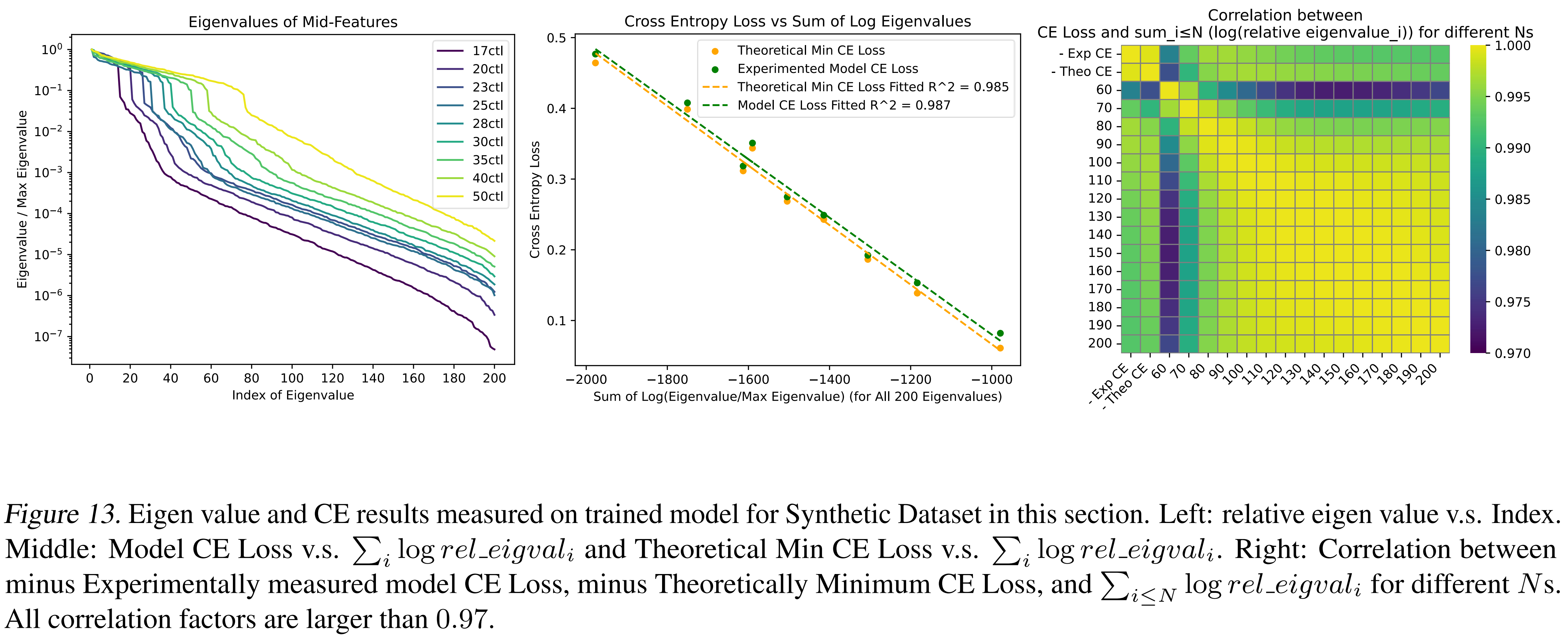
|
Explaining Context Length Scaling and Bounds for Language Models
Jingzhe Shi*, Qinwei Ma*, Hongyi Liu*, Hang Zhao^, Jeng-Neng Hwang, Serge Belongie, Lei Li^ arXiv 2025 Code / arXiv
|
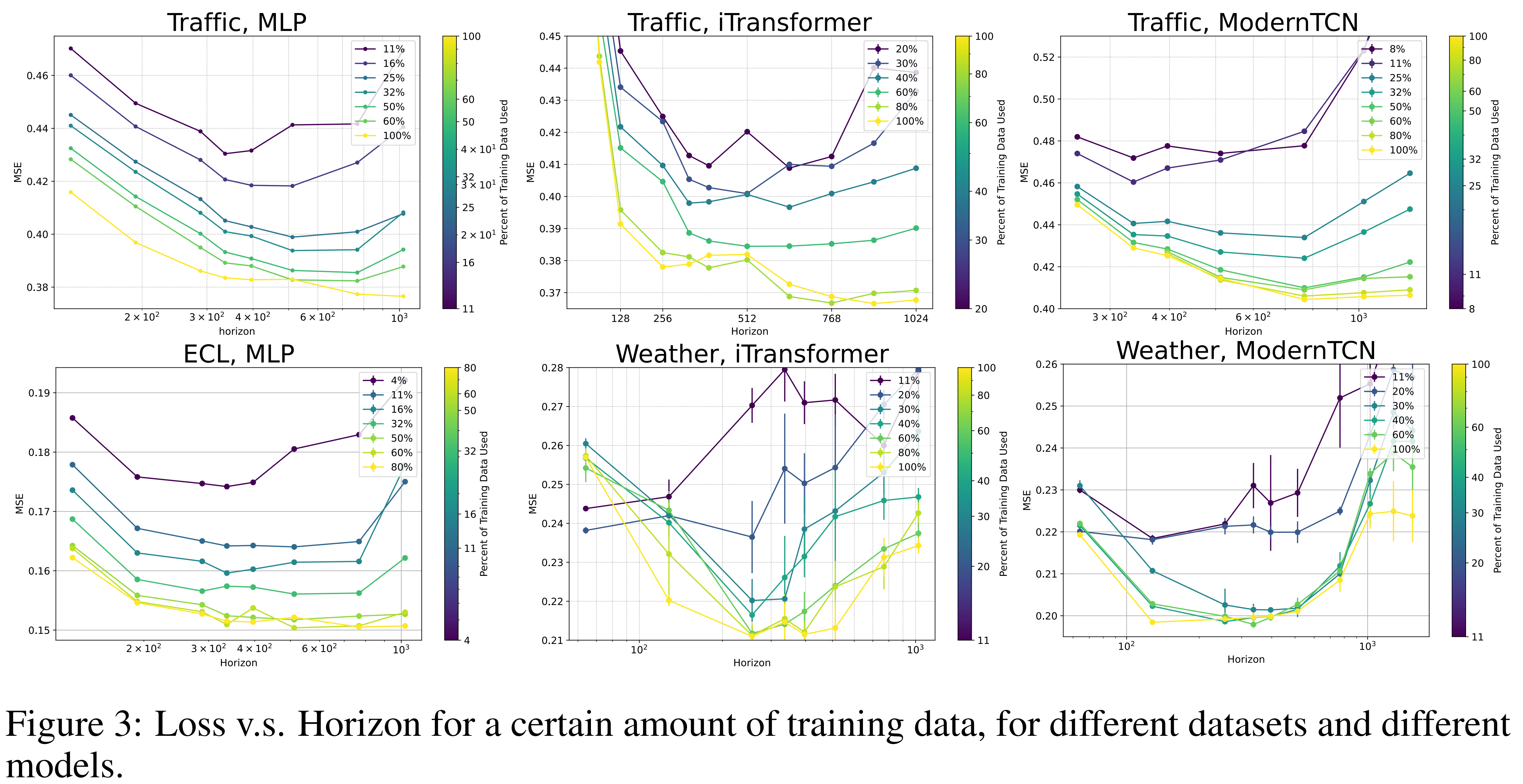
|
Scaling Law for Time Series Forecasting
Jingzhe Shi*, Qinwei Ma*, Huan Ma, Lei Li NeurIPS 2024 Code / arXiv / OpenReview
|
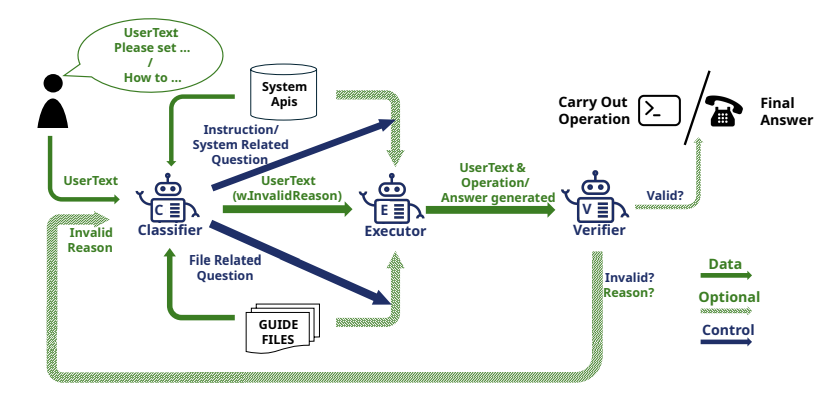
|
CHOPS: CHat with custOmer Profile Systems for Customer Service with LLMs
Jingzhe Shi, Jialuo Li, Qinwei Ma, Zaiwen Yang, Huan Ma, Lei Li COLM 2024 Code / arXiv / OpenReview
|
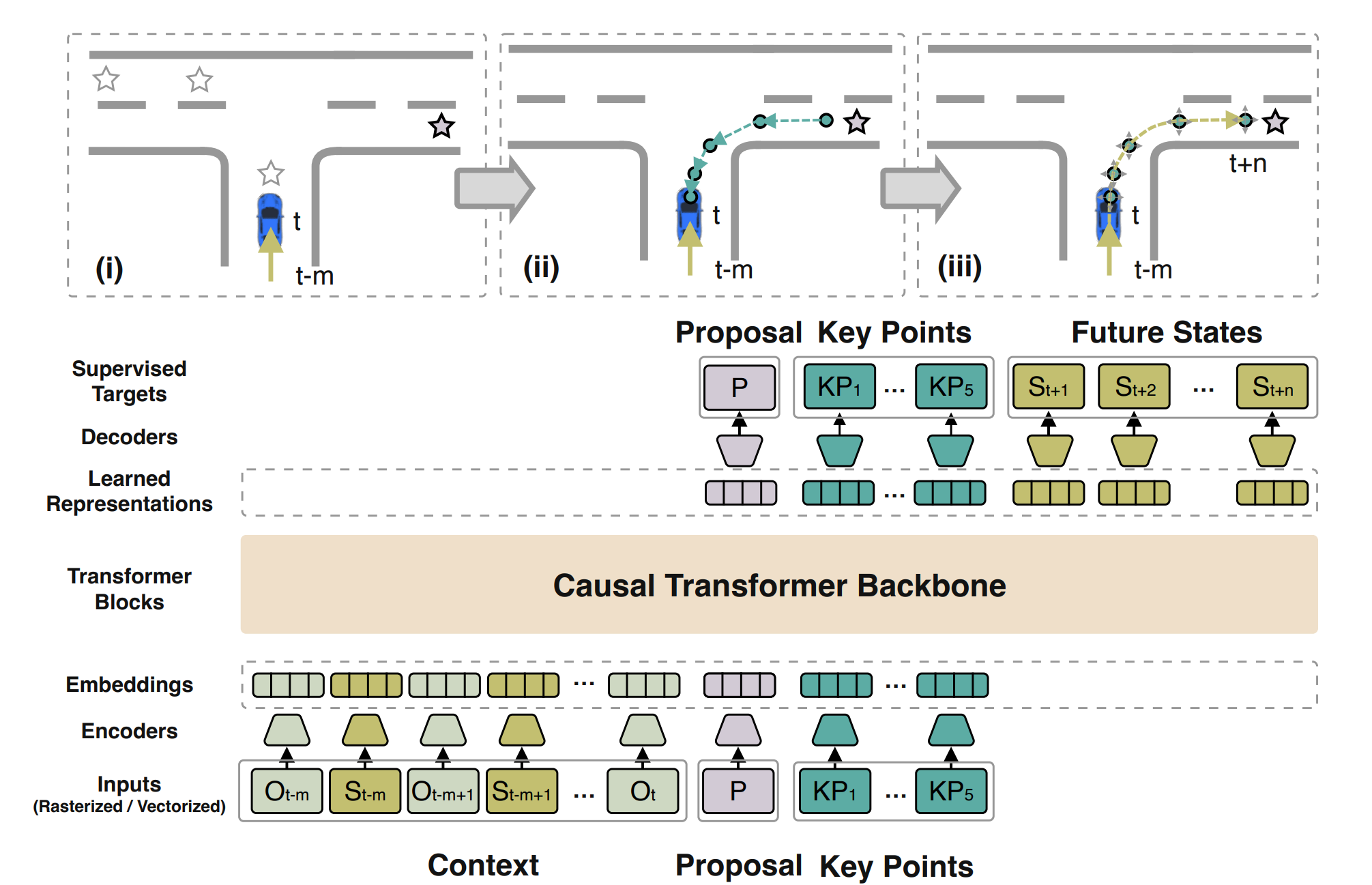
|
Large Trajectory Models are Scalable Motion Predictors and Planners
Qiao Sun, Shiduo Zhang, Danjiao Ma, Jingzhe Shi, Derun Li, Simian Luo, Yu Wang, Ningyi Xu, Guangzhi Cao, Hang Zhao arXiv 2023 Code / arXiv
|
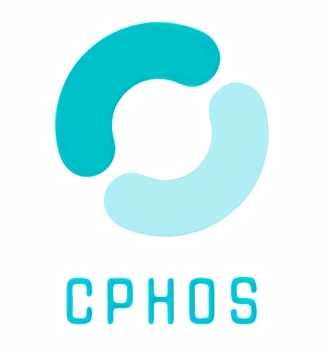 |
CPHOS
2020.12 - Present Co-founder, Former Techgroup Leader, Council Member |
|
Optiver
2024.07-2024.08 Quantitative Trading Intern, at Optiver Shanghai Office |
 |
Tsinghua University
2021.09 - 2025.06 Bachelor of Engineering majoring in Computer Science at Yao Class, IIIS, Tsinghua Research Advisor: Prof. Hang Zhao. |
|
|
|
|
|
|
|
This homepage is designed based on Jon Barron's homepage and deployed on GitHub Pages. Last updated: Apr, 2025.
|